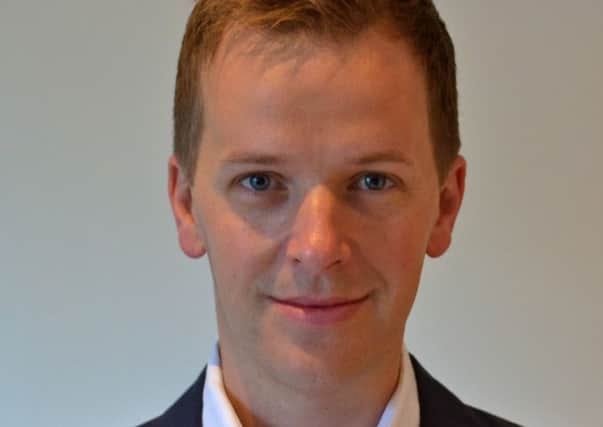‘Radical change’ needed in voluntary sector


Speaking at Involve Yorkshire and Humber’s annual lecture in York, Julian Corner, chief executive of the funder, the Lankelly Chase Foundation, will warn that charities are becoming “too single-issue focussed, too driven by assessment and bureaucratic process, and too afraid to speak up and challenge” where they see things going wrong.
They must learn to work together on a greater scale to solve social issues and stay true to their original values or risk replicating the problems they were intended to fix as they become “captured” within the very system they are trying to challenge, Mr Corner said.
Advertisement
Hide AdAdvertisement
Hide AdCharities are needed to help build trust within society, but risk losing that trust as they become increasingly entwined within the public sector.
“Our society is low on trust at the moment, we don’t trust politicians, the media or public agencies. The voluntary sector is still trusted but if it gets captured by the state there is a danger of losing that trust,” he said.
The Lankelly Chase Foundation provides £5m of funding each year for projects supporting people facing a range of multiple disadvantages, like homelessness, substance misuse and extreme poverty, including many in Yorkshire and the Humber.
Involve’s meeting today is themed on leadership in a time of austerity, and will bring together voluntary organisations, leaders and academics to examine how austerity has impacted the voluntary sector. Mr Corner was chosen to speak at the event due to his “people-centered approach” to the voluntary sector, Judy Robinson, chief executive of Involve Yorkshire and Humber, said.
Advertisement
Hide AdAdvertisement
Hide Ad“We particularly like his challenging of old orthodoxies and his perceptive thinking,” she said. “And there really could be no better time than this to discuss leadership at a time of austerity.”
While the post-recession period has seen many voluntary organisations grow in size, too many are “confusing scale with power” and losing sight of their key missions and values as they take on work that was once the responsibility of the state, Mr Corner said.
“The power of the voluntary sector comes from the passion of why the organisations were set up in the first place. Whether that means they end up getting smaller or bigger, that is irrelevant, the power comes from their mission or values,” he said.
Some remaining true to their values are Advice UK Bradford, BARCA in Leeds, Sheffield’s Cathedral Archer Project, the Hull Lighthouse project and the Women’s Centre in Halifax, which have all received grants from Lankelly Chase. Projects like these, Mr Corner said, are “taking the challenge on”.
Advertisement
Hide AdAdvertisement
Hide Ad“They are thinking about the ways of working that allow them to be really effective and to collaborate with the state, but still focus on the community and the people they are trying to help without losing their passion and independence,” he said. “It’s incredibly difficulty but it is possible.
“We need a voluntary sector that is able to operate along side of, but independently to, the state.”